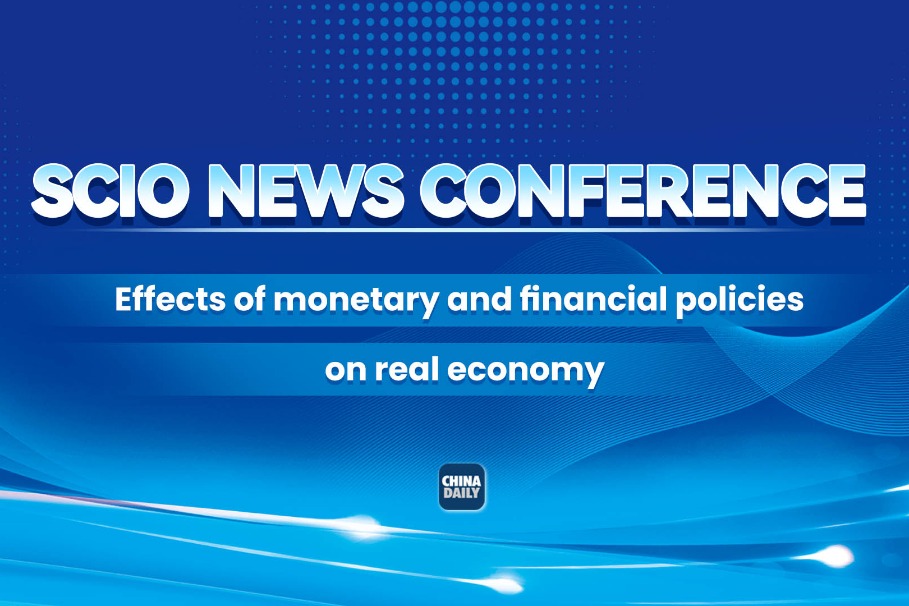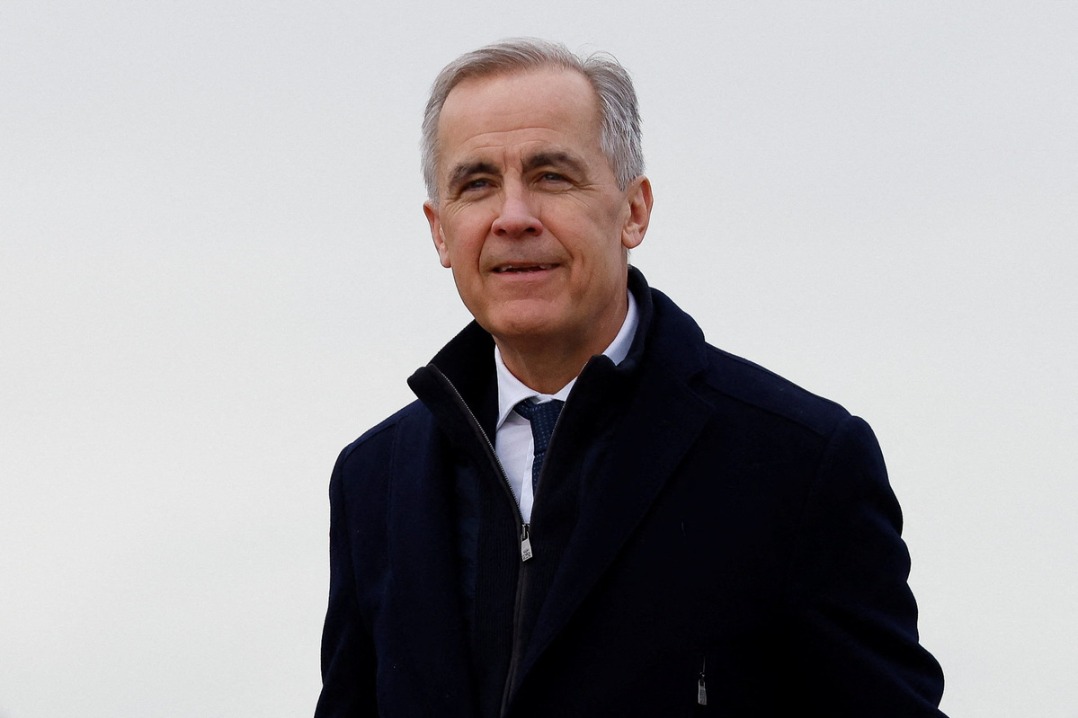EU should not demonize Orban's peace efforts


Hungarian Prime Minister Viktor Orban went on a shuttle diplomacy, visiting Kyiv, Moscow, Beijing and Washington after his country assumed the six-month rotating presidency of the Council of the European Union on July 1.
But his bid to bring an end to the nearly two-and-a-half-year-old Russia-Ukraine conflict by persuading the two sides to agree to a cease-fire, and hold talks to resolve their differences has evoked a hysterical response from the leaders of the European Union and its member states.
European Commission President Ursula von der Leyen said on July 5 that "appeasement will not stop Putin" in response to Orban's visit to Moscow. And while Euronews ran an article on Tuesday suggesting that Orban, as leader of EU member state Hungary, should face the consequences for his shuttle diplomacy while Politico.eu ran an article on the same day titled "Viktor Orban goes rogue".
Attacks against Orban's government are nothing new, but the furious response of the EU leaders against Orban's shuttle diplomacy is shocking. Sadly, far more EU leaders lashed out at Orban over the past weeks than condemned Israel's relentless attacks on the Gaza Strip in the last nine months.
The fact that Orban is one of the few EU leaders who can reach out to all sides makes him an ideal candidate for trying to end the Russia-Ukraine conflict. His efforts should be welcome, especially because the United States and NATO have been prolonging the conflict, which could result in more deaths and destruction and risks spreading the war in other regions.
When I asked European Commission spokesman Eric Mamer on Tuesday why the EU is averse to Orban trying to mediate peace between Moscow and Kyiv, he recycled the same answer which the EU has been giving for the past two years: "there is a very simple way to end the conflict … and it is for Russia to stop the war".
This is a very simplistic answer to a very complex issue, and it will not work. Russia has for years been voicing its opposition to NATO's eastward expansion. However, the US and NATO leaders refused to address Russia's concern in their reply letters to Moscow in January 2022. Worse, US President Joe Biden, in a recent interview with ABC, bragged about NATO's expansion.
NATO leaders meeting for their summit in Washington this week reiterated their strategy of supporting and arming Ukraine. Yet they know well that the differences between Russia and Ukraine can be resolved only through dialogue and diplomacy, not on the battlefield.
Perhaps that's why Orban bluntly told German newspaper Bild and TV news channel Welt that "China has a peace plan. America has a war policy. Europe is just copying the American position instead of having its own strategic approach".
Due to its dependence on the US for security, the EU is no longer talking about strategic autonomy, which French President Emmanuel Macron and EU foreign policy chief Josep Borrell often stressed a few years ago.
With Ursula von der Leyen likely assuming her second term and Estonian Prime Minister Kaja Kallas, a Russia hawk, expected to replace Borrell, there is little hope of the EU pursuing diplomacy to help end the conflict. Which is tragic, because Europe has been and will continue to bear the brunt of the escalating hostilities while the US military industrial complex reaps the profits of the conflict, a fact acknowledged by senior US officials.
A survey released by New York-based Institute for Global Affairs in June showed that 94 percent of the people in the US and 88 percent in Western Europe want NATO member states to pursue a negotiated settlement to end the Russia-Ukraine conflict, with many people from the US and Western Europe citing the huge loss of lives as the primary reason for seeking a negotiated end to the conflict.
This shows how disconnected US, NATO and EU leaders are from their people and why Orban should be encouraged to continue his peace efforts.
The author is chief of China Daily EU Bureau based in Brussels. chenweihua@chinadaily.com.cn
If you have a specific expertise, or would like to share your thought about our stories, then send us your writings at opinion@chinadaily.com.cn, and comment@chinadaily.com.cn.


































